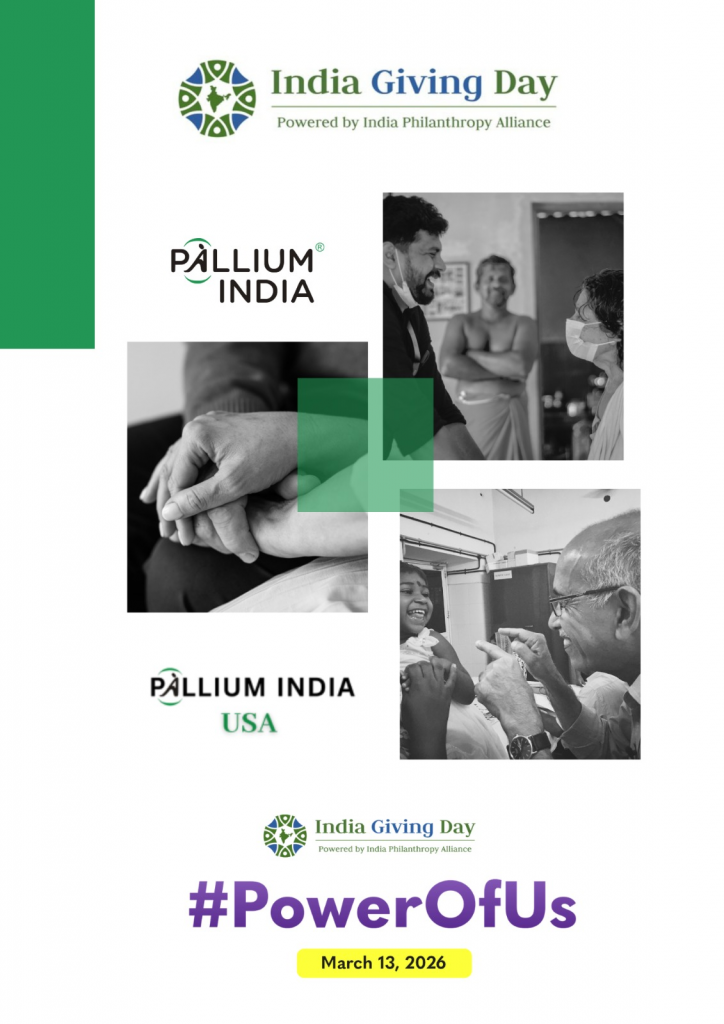Visit by Mr Willem Scholten
Pallium India was privileged to have Mr Willem Scholten visit us in Trivandrum. Mr Willem Scholten is currently a consultant to WHO. Formerly, he headed the Essential Medicines program of WHO. 
Mr Willem Scholten accompanied our team on home visits and taught in our “Bruce Davis Training Centre” on several subjects including paediatric pain guidelines. One of the issues that came up was the new WHO guideline for paediatric pain management which excludes a step 2. If step 1 is inadequate, it is recommended that we proceed straight to oral morphine, albeit in tiny doses
This is based on sound reasoning. The step 2 opioid that was recommended for paediatric pain management was Codeine. Codeine is a pro-drug of morphine, meaning that it has to be converted to morphine in the body. A minority of patients are genetically unable to convert Codeine to morphine and in this group of patients, it would be ineffective. There is absolutely no possible objection to the use of morphine in tiny doses where you might have ordinarily considered a step 2 opioid.
There is a practical problem, though. The vast majority of countries in the developing world do not have access to morphine. Will the abolition of step 2 in children convey the wrong message that it is dangerous to use Codeine when morphine is unavailable? We would very much like to convey this strong advice that when morphine is unavailable, of course we must try hard to obtain it. But till we get it, it is perfectly acceptable to continue to use Codeine for paediatric pain management when step 1 alone is inadequate.






